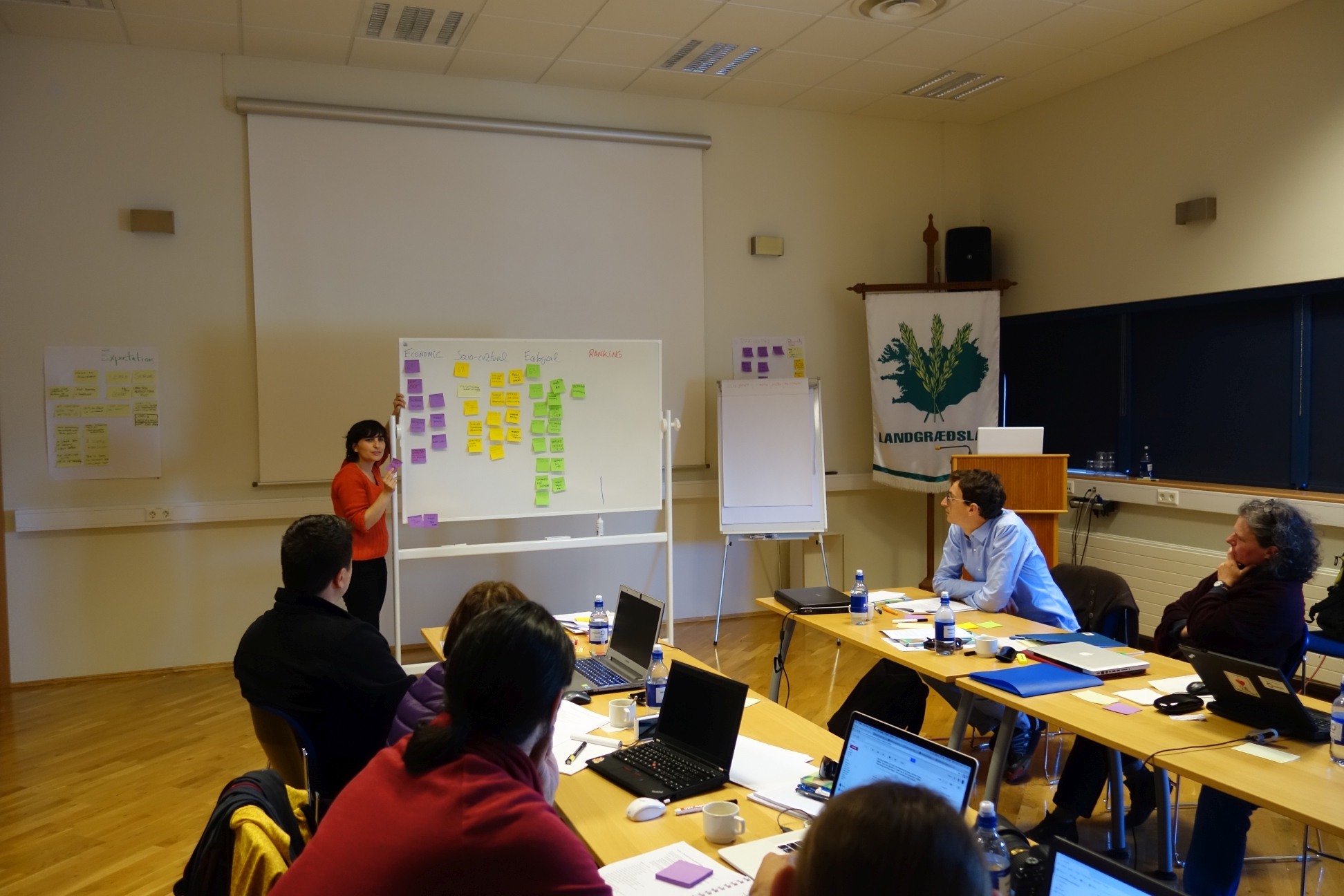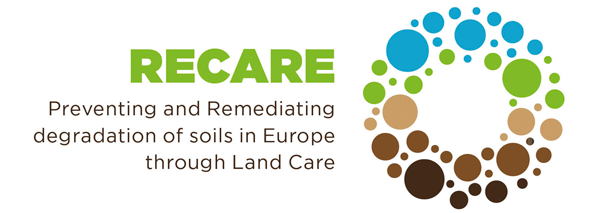Decision-making on Land and Soil
Solving global problems often starts through local so(i)lutions. When it comes to managing land and soil-related issues, bottom-up approaches are increasingly popular. ISRIC - World Soil Information has developed approaches and tools for this.
More success through mutual learning and co-production of knowledge
A wealth of know-how has been accumulated in the past decades on how to address land and soil-related issues. However, much of this valuable knowledge is poorly documented and communicated. Even after documentation, local stakeholders are often not involved, and technical experts recommend measures which are neglecting or even contradicting existing local expertise.
In the framework of the EU-funded project DESIRE (2007-2012), a novel methodology has been developed. It aims at the interaction and learning between the two knowledge spheres of specialists and local communities. The rationale being that by integrating scientific and local knowledge, more sustainable solutions can be developed: solutions which are environmentally effective, socially acceptable, and financially viable at the same time.

At the core of the methodology is a series of workshops bringing together local and external stakeholders - from land users, civil society organisations, local authorities to industry and government representatives. The collective learning and decision process comprises three main parts:
- Identification of land and soil issues, and locally applied solutions;
- Local solutions are assessed with a standardised evaluation tool; and
- Promising strategies for implementation are jointly selected with the help of a decision support tool.
What ISRIC has on offer
ISRIC-World Soil Information has been closely connected to this novel methodology for participatory Sustainable Land Management (SLM) appraisal and selection, and is playing an increasingly active role in further developing its potential in the following ways:
- In the EU-funded project DESIRE, we helped to compile an inventory of relevant stakeholders, and identified main drivers of land degradation with specific reference to the study areas at field scale.

- In the EU-funded project RECARE, we have been adapting the decision-making framework developed for DESIRE to the topic of soils, and developed a new Excel-based tool for capturing and visualising all steps of the decision-making process.

- Since its beginnings in 1992, we are supporting the WOCAT project and database which is the central repository for proven SLM technologies and approaches around the world.

The workshops are a cornerstone of stakeholder participation and aim at enabling trans disciplinary learning processes throughout the project, i.e. learning processes between scientific and non-scientific actors. Thus, the workshops provide opportunities to initiate, promote and deepen a mutual learning process between the researchers and a range of stakeholders (e.g. land managers, food producers, developers, industry, regulators, advisory services, authorities, and experts) that have some kind of interest in the topic of reducing soil threats in the case study sites. Each of the stakeholders - from science, practice or policy making – has his/her own perspective and will contribute to the intended dialogue and process of knowledge exchange and learning with his/her own expertise and experience (Schwilch et al., 20091). Given that the knowledge contributed by scientific and non-scientific actors is valued equally in this process, and that local and scientific knowledge can be integrated to some extent, it is expected, that more sustainable solutions can be identified and implemented in regard to the prevailing soil threats in the case studies. Workshop participants are expected to engage in a dialogue by sharing their knowledge and experience on the soil threats in their area, and by contributing to a joint reflection, decision-making and evaluation-process on the most promising mitigation and adaptation practices.